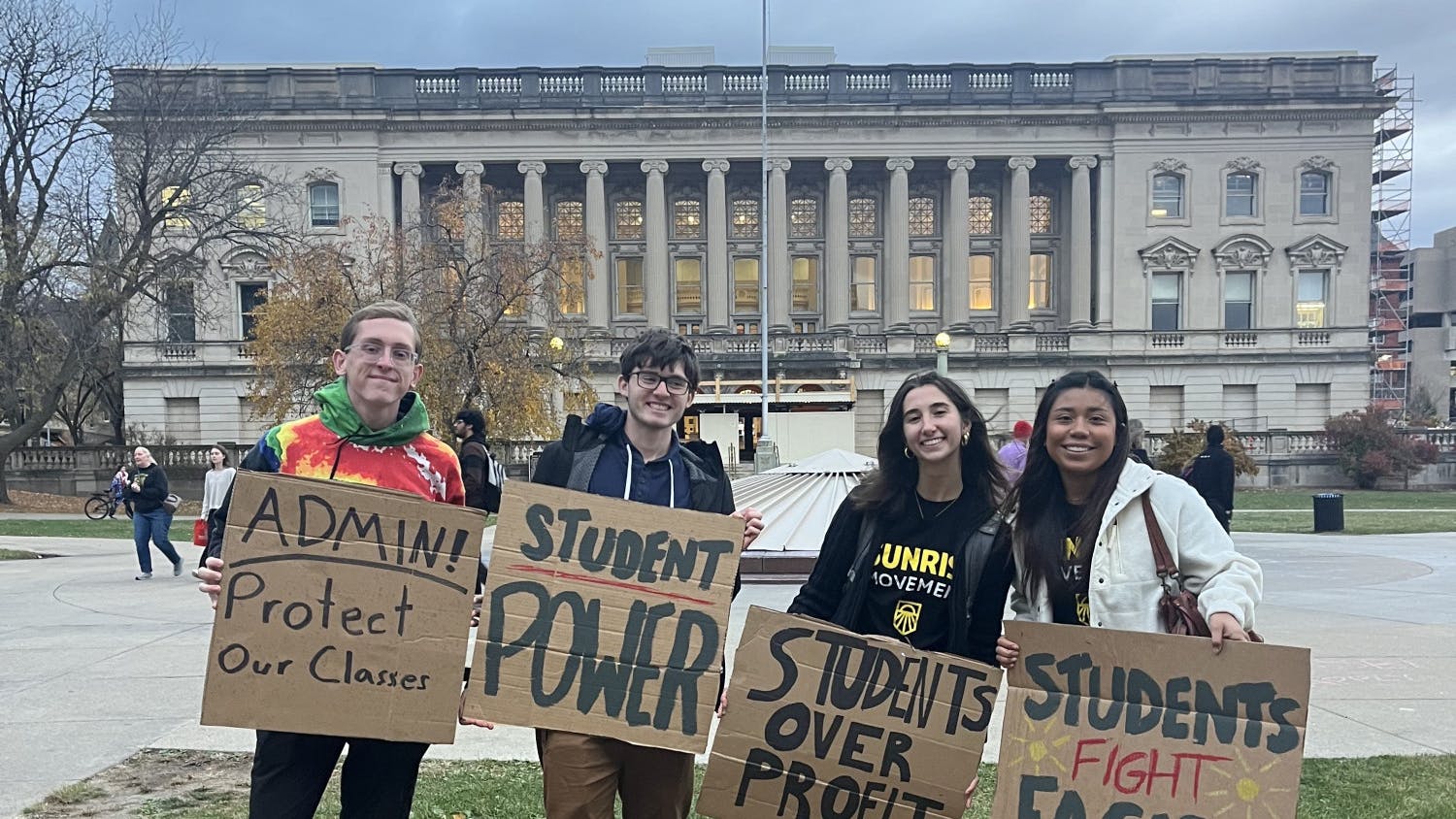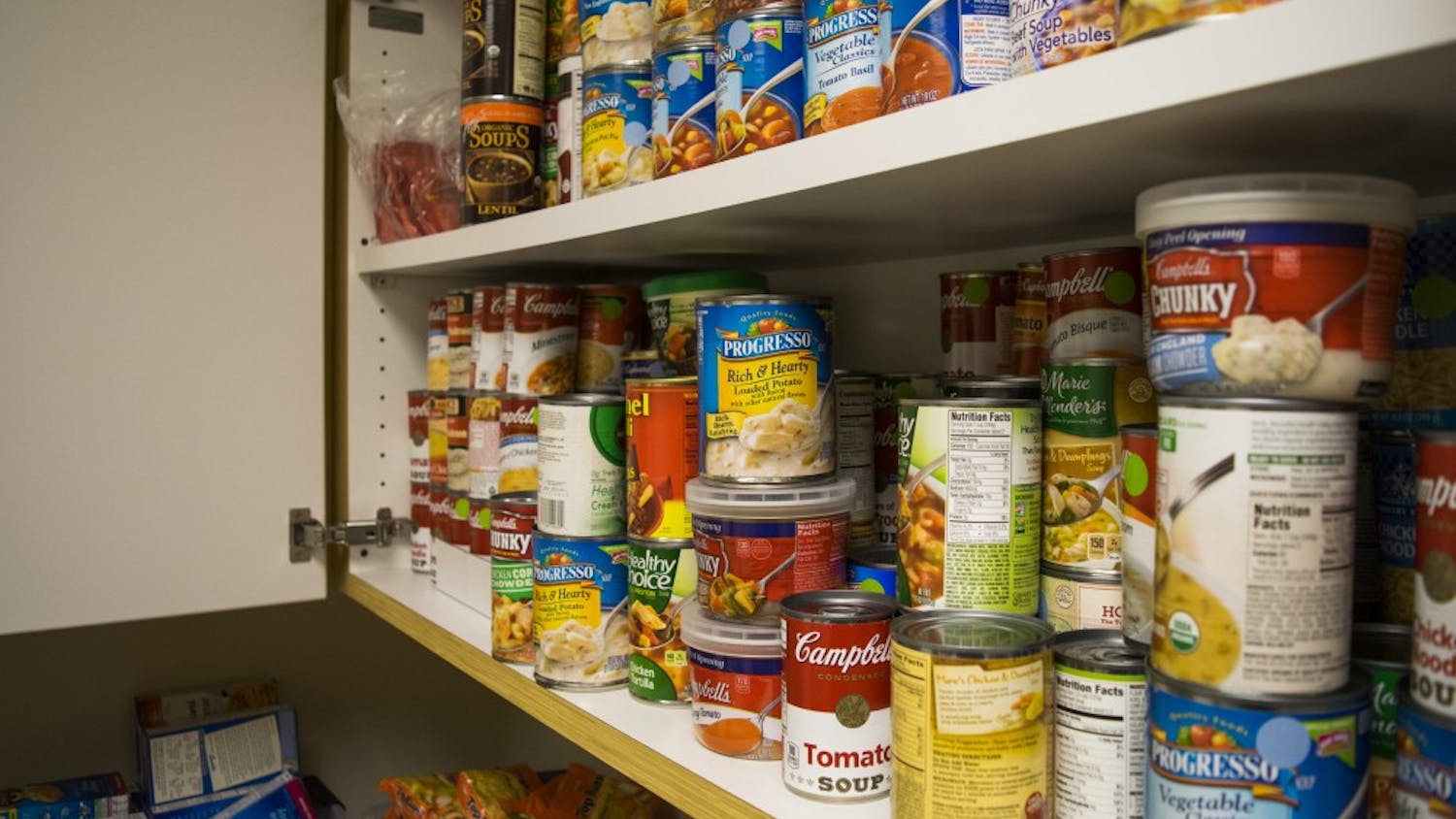College campuses are full of sex juices. Where have u done the deed?"" a post on JuicyCampus.com asks of UW-Madison students. It is posts like this that are beginning to cause controversy on campus and at universities nationwide.
UW-Madison's name was recently added to the list of campuses on JuicyCampus, a website allowing users to anonymously publish campus-related gossip online. The site functions like a blog, featuring threads on personal student stories - some even citing specific names of students.
According to the website, JuicyCampus' mission is to ""enable online anonymous free speech on college campuses."" It guarantees posts will remain confidential and assures all users who enter the site that they are untraceable. Additionally, the content posted is not pre-screened before it hits the web.
JuicyCampus, created by Duke graduate Matt Ivester in October 2007, now reaches over 500 universities.
JuicyCampus added UW-Madison to its list of campuses Sept. 12, and over 150 UW-Madison-related threads have been published on the site so far.
The website is a growing concern for UW-Madison Greek community members, whom most of the posts currently target. Common themes involve stereotypical depictions of ""sconnies"" and ""coasties"" as well as sexual behavior by sorority and fraternity members.
""Many rumors are spread on the site that misconstrue what actually goes on in Greek life,"" said Paul Fass, a UW-Madison Phi Gamma Delta fraternity member.
Various UW-Madison sororities have advised members to avoid the site altogether.
""They mentioned the website at one of our sorority meetings,"" said a UW-Madison Kappa Alpha Theta member who asked to remain anonymous. ""They said they hoped we wouldn't say anything on [the site] because it's embarrassing and just reinforces stereotypes.""
Promoting Awareness, Victim Empowerment, an organization on campus involved in protecting the rights of sexual assault victims spoke out against the website Wednesday.
""The website is especially harmful to women ... There is a certain double standard that goes along with sex. Men can get away with a lot more than women,"" PAVE President Ally Cruickshank said.
Several college campuses have had problems with the website during the past year.
Last spring, ABC featured the website in a story following the rape of a Vanderbilt student. University students posted threads on JuicyCampus in reaction to the rape stating the student ""deserved"" to be sexually assaulted.
Jana Kritz, a UW-Madison sophomore and Alpha Phi member, said she is ""disgusted"" by the posts on the website.
""Stories like this are personal and don't concern anyone else but the victim's family and friends,"" she said. ""Students from universities across the nation have acknowledged the website as stereotypical and disrespectful.""
According to an Alpha Chi Omega sorority member at American University in Washington, D.C., JuicyCampus is a huge concern on her campus, as sororities are fighting back against stereotypical remarks.
She said the National Panhellenic Association, an organization that oversees sororities across the nation, has advised all American University sororities to forbid members from accessing the site.
JuicyCampus generates posts from only one other University of Wisconsin school - UW-Whitewater. According to The Royal Purple, the UW-Whitewater student newspaper, several campus organizations tried to block the site last spring and petitioned their cause to the student government.
UW-Madison officials said Wednesday they were not prepared to comment about the content of the site because they had not seen it.






